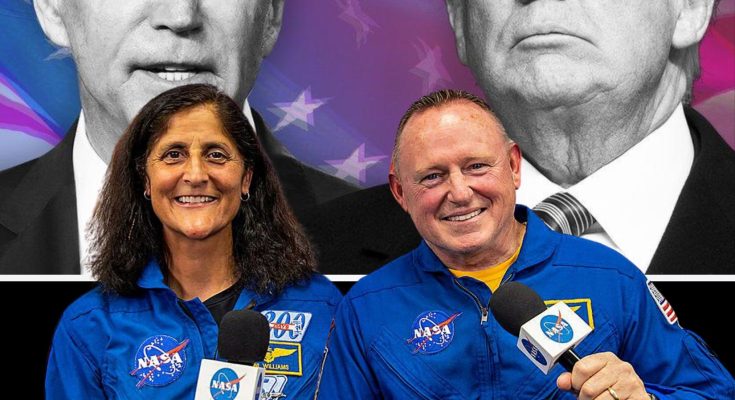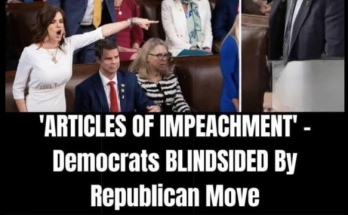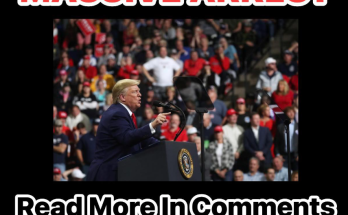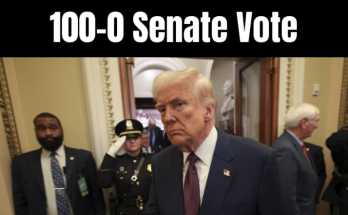NASA astronauts Barry Wilmore and Sunita Williams recently broke their silence about their extended nine-month mission aboard the International Space Station (ISS).
In a joint Fox News interview, the pair shared insights into the technical and personal challenges behind their 288-day stay, which far exceeded their planned eight-day trip. They took partial responsibility for the delays while addressing broader issues involving NASA and Boeing.
Wilmore, the mission commander, admitted he missed key questions before their June 5 launch on Boeing’s Starliner spacecraft. “There are things I did not ask that I should have asked,” he said, reflecting on overlooked warning signs.
He stressed that accountability is shared, noting, “Everybody has a piece in this because it did not come off,” pointing to inadequate preflight testing by NASA and Boeing.
Originally set to return after eight days, the astronauts faced technical glitches with Starliner, leading to their return on March 18.
Despite public outcry and political claims, Wilmore and Williams firmly denied feeling stranded. “In certain respects we were stuck, sure. But in the way it’s been framed..that we were left and forgotten..we were nowhere near that at all,” Wilmore clarified.
Political Claims and Mission Realities
President Donald Trump claimed the Biden administration “abandoned” the astronauts, a narrative Wilmore neither fully endorsed nor dismissed. “I have no reason not to believe anything they say,” he said of Trump and Elon Musk, praising their involvement as “refreshing” and “empowering” for U.S. spaceflight.
In February, NASA credited Trump’s push for revising the return schedule, with Acting Administrator Janet Petro confirming his directive to NASA and SpaceX sped up the splashdown off Florida’s coast.
Williams, meanwhile, embraced the extended stay with pragmatism. “If this was the destiny, if our spacecraft was going to go home based on decisions made by NASA and we were going to be up there until February, I was like okay, let’s make the best of it,” she said.
Wilmore admitted the news hit harder personally, citing his daughter’s high school year, but emphasized national goals over personal sacrifice.
The duo rejected notions that Boeing failed them, highlighting Starliner’s complexity and potential. “This is the most robust spacecraft we have in the inventory. There’s nothing else that can do everything Starliner can,” Wilmore said, while Williams called its systems integration “complicated.”
They avoided blaming any single party, despite months of criticism from figures like Trump and Musk, who accused the Biden administration of political delays.
The mission’s political spotlight began in January when Trump claimed he tasked Musk with retrieving the astronauts. NASA’s Bethany Stevens later credited Trump’s intervention, but Wilmore and Williams kept their focus on the mission itself.



